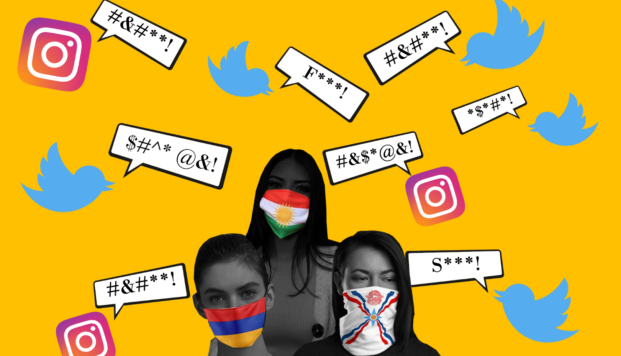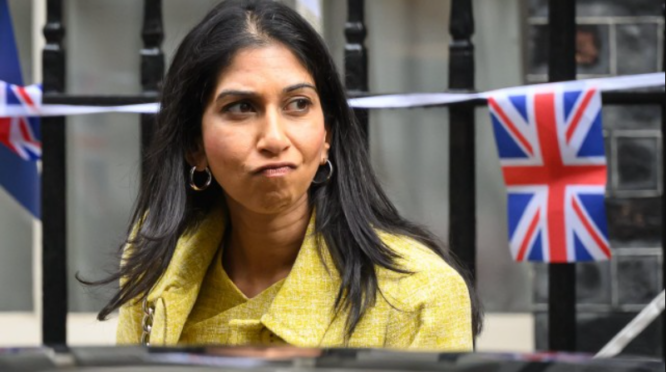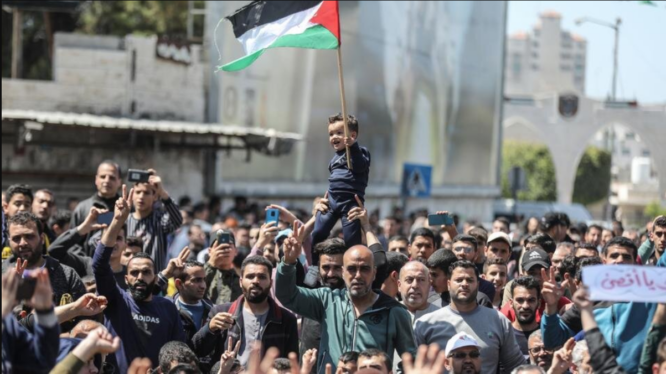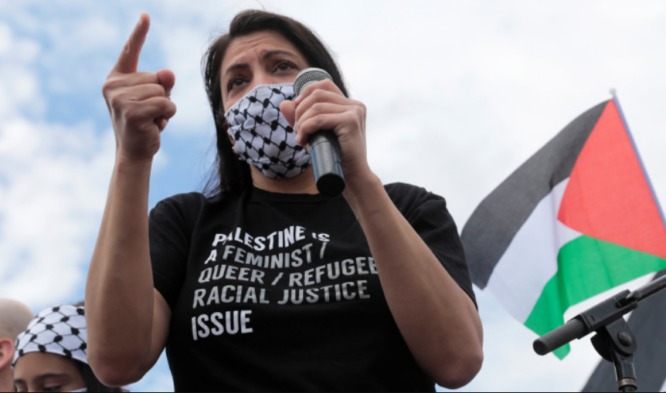Both Turkish presidential contenders used discriminatory and hostile speech during the past election. Between the first and second rounds, marginalized groups like Syrian refugees were caught in the rhetorical crossfire of the two sides.
Repatriating all Syrian refugees was once the country’s top goal. Süleyman Soylu, the current Interior Minister, also raised LGBT+ rights as a danger to the country’s integrity at campaign rallies.
We spoke to Yasemin Korkmaz, Hate Speech Monitoring Campaign Coordinator in Türkiye at the Hrant Dink Foundation in Istanbul, to better understand the magnitude and effects of this phenomena, which proved to be quite ubiquitous during the recent electoral cycle.
For over a decade, the foundation has produced reports and analyses on hate speech and discrimination in the media and political debate, as well as campaigns to combat the problem and raise awareness in Turkish society.

Why is hate speech important?
After Armenian journalist Hrant Dink was assassinated, our group was created. Before his death, Turkish media attacked him, resulting in a hate crime. Hate speech may not be a crime, but it is a first step in social prejudice.
Since 2009, we have monitored hate speech in our public discussion, focusing on local and national media. We identify hate speech categories, but most importantly, its targets.
We wish to bring the matter to public attention and call attention to journalists’ responsibilities to be careful of their tone.
Our quantitative research is crucial because hate speech can seem vague and unimportant, but when we see its pervasiveness with objective data, we are more likely to reflect on it and address it.

What happened in the last election?
During the Turkish election campaign, both parties utilized hate speech and discriminatory language towards refugees and LGBT+ individuals.
The positive fact is that there has been a quantitative discrepancy between the presence of hate speech in political leaders’ statements and in newspaper articles and reports.
As I mentioned, media professionals have become more aware of the problem, so they avoid political class hate speech in their reports, even if only in the abstract.
However, analyzing the debate on social media, particularly Twitter, we found some trends: the term “Alevi,” which we expected to be widely used since one of the two candidates had used his Alevi origins as an electoral claim, was often associated with “Armenian” and used as an insult.
One fascinating aspect of the category of migrants, mostly Syrian or Afghan, is how public discourse exclusively concentrates on men: “Refugees” and “Migrants” are virtually invariably men who arrive in our nation and constitute a threat.
Finally, “pervert” is used to insult refugees and LGBT+ people, who are seen as a threat to the family or a moral issue for society.

Is it political class mentality?
All political parties employ discriminating language. Unfortunately, this is a prevalent practice, and if certain political leaders insist more than others on such a communication technique, I don’t think the problem is individual.
It also reflects a systemic issue that affects society as a whole and requires a broad reform.
I’ll also add that hate speech and discrimination aren’t restricted to election season. This is especially true for Syrians, Armenians, Christians, and Jews, who are almost always the subject of media aggression (which may be affected by the country’s foreign ties).
Thus, we must raise awareness, recognize linguistic prejudice, and provide tools to a growing number of individuals.




